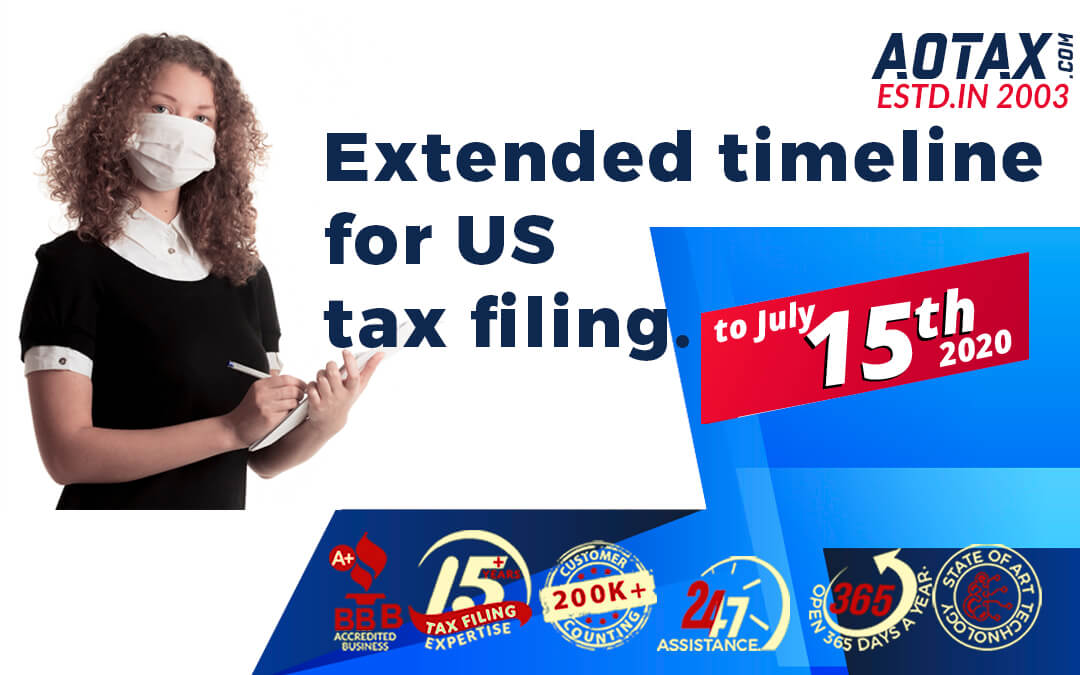
Extended Timeline For US Tax Filing
Extended Timeline For US Tax Filing
While the entire world is struggling to combat the effects of the dreadful COVID-19, the US Government has come up with new initiatives to provide some relief to the public who are paying the taxes. The Treasury Department in the US and the IRS have jointly announced last week that the US Government is extending the tax –filing deadline to 15th July 2020. This decision has been taken by the US Government to give the taxpayers extra time to handle their taxes amidst the outbreak of COVID-19.
The COVID-19 outbreak was declared as a National emergency last week by the President of the US. Also, the President had invoked the Stafford Act which gives him the power to mobilize the federal resources. The taxpayers would get an additional period of 90 days for filing their taxes and the IRS will not charge any interest or penalty for this time extension. However, for those taxpayers of the country who have already filed their taxes this year would not be affected in any means by these changes made.
File Tax Sooner If A Refund Is Due

Even though the US Government has extended the timeline, those taxpayers who don’t owe any money to the IRS can consider filing their tax by the original deadline of 15th April 2020. This would be wiser as the taxpayers would be able to collect their refunds sooner. This would be very helpful for those citizens who have already started seeing their economic condition and earnings being affected by the outbreak of the pandemic COVID-19.
Moreover, it is just that the Federal Government has provided this extension in tax filing but different states in the country have formulated different guidelines concerning the tax filing extension. It is advisable for those taxpayers who are planning to delay their federal taxes to understand in detail about the tax filing extension that their State Governments are offering as well.
The Due Date For Tax Filing In Case Of An Extension
There might be some taxpayers who may be concerned about their ability to pay the taxes even by 15th July 2020 due to the loss of a job or other financial issues related to the outbreak of COVID-19. These taxpayers can contact the IRS and discuss their options. The IRS has short-term and long-term payment plans which would help the taxpayers to pay their taxes conveniently. Short-term plans would give taxpayers around 120 days to pay the taxes whereas long-term plans taxes can be paid in installments over several months.
Earlier, when the tax filing deadline was 15th April and a taxpayer who would get an extension will not have to file his tax returns till October. However, now with the IRS pushing the tax filings date to 15th July 2020, it is quite not sure how long the taxpayers would be able to get if he is filing for an extension. But with the various options made available by the IRS, it is quite sure that taxpayers would have some relief.
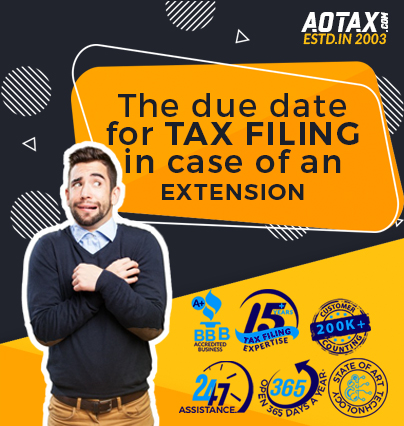
Deadline For Quarterly Estimated Tax Payments
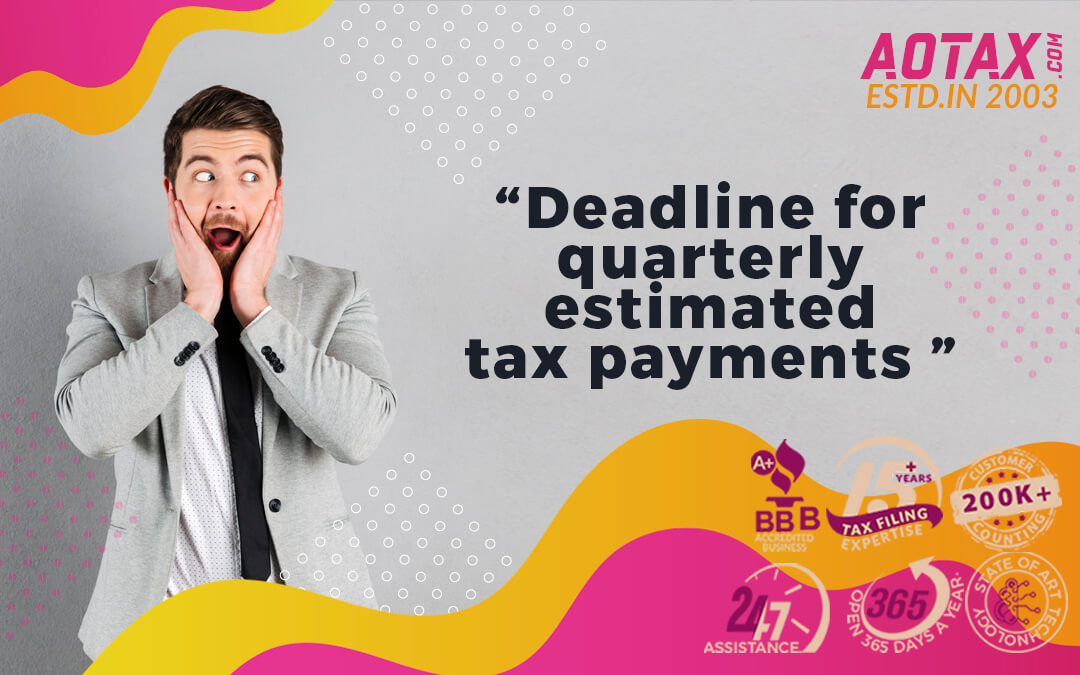
Many people are required to make quarterly estimated tax payments to the IRS in case of their income not being subject to the taxes of payroll withholding. This estimated tax payment is made by the division of the year into four payment periods with each period having its payment due date. Now, since IRS has extended the timeline for filing the taxes to 15th July 2020 it is quite uncertain that what would be the impacts upon the deadline of quarterly estimated tax payments.
Some Important Steps To Consider Before The Previous Deadline
Filing of 2017 tax return
If there is a refund due of the year 2017 for a taxpayer and the tax return has not been filed, then it must be filed by 15th April through the Form 1040 or Form 1040-SR to claim the money failing which IRS would keep the money.
Max out 401(k) by 31st December 2020
The contributions made towards the traditional 401(K) help in reducing the total taxable income of an individual. Many employers also contribute to the savings made by an individual; so, if there is enough contribution made then there are opportunities to obtain some money as well.
Contribution towards IRA and HSA
The contributions which are made to an IRA and HSA are eligible for a tax deduction. This contribution must be done by the April deadline every year. Now, even though the tax filing deadline has been extended to 15th July 2020 there have been no announcements made on the deadline for IRA or HSA contributions. So, it is advisable to accomplish this task by the April deadline to avoid any further hassles.
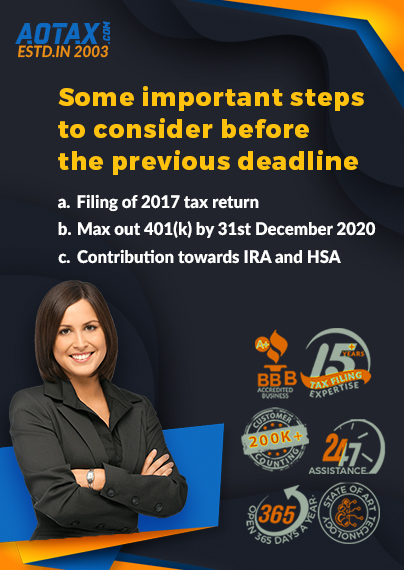
Conclusion
Hence, with the global economy coming to a standstill and numerous lives being affected due to the pandemic COVID-19, this action by the US Government is applauding. This would reduce a lot of pressure on those expecting to owe money to the US Government. However, if there is a refund expected then it must be claimed immediately so that the cash can be utilized during this period of emergency.
References
https://www.fool.com/taxes/2020/03/24/the-tax-deadline-has-been-extended-should-you-wait.aspx
https://www.cpapracticeadvisor.com/tax-compliance/news/21130318/irs-extends-2020-income-tax-filing-deadline-to-july-15
https://www.usatoday.com/story/money/2020/03/20/taxes-2020-irs-delay-april-15-tax-filing-deadline-july-15/2883840001/
https://www.cpapracticeadvisor.com/tax-compliance/news/21129714/when-is-the-new-irs-tax-filing-deadline-for-2020-coronavirus-delay
https://turbotax.intuit.com/tax-tips/tax-planning-and-checklists/important-tax-deadlines-dates/L7Rn92V1d
https://www.nerdwallet.com/blog/taxes/april-deadline-taxes/










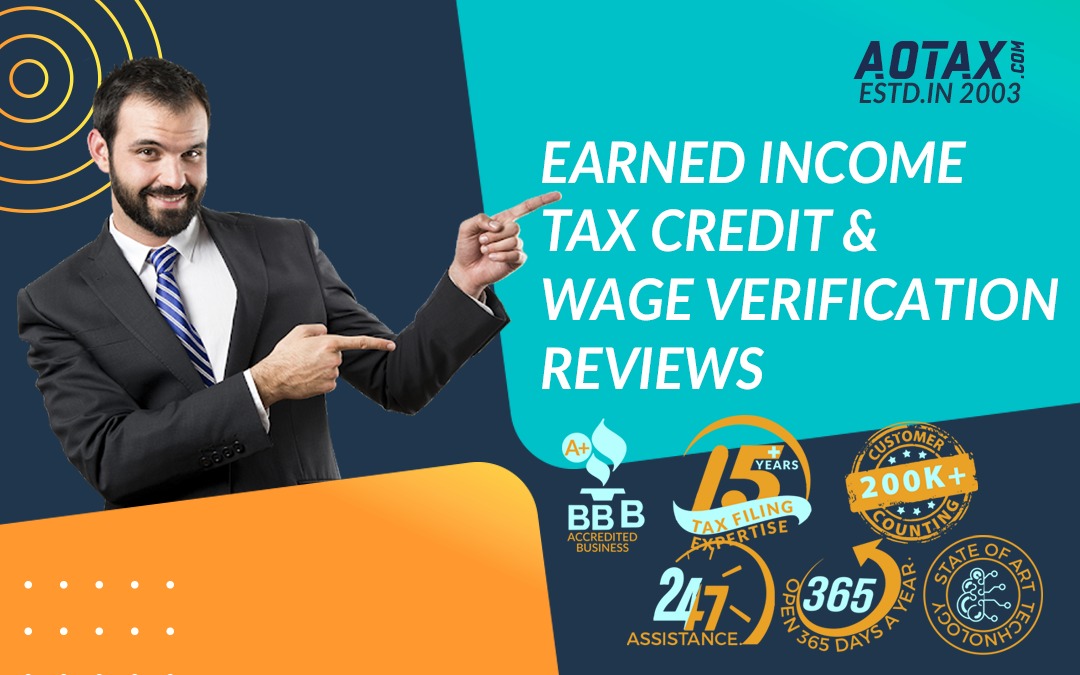

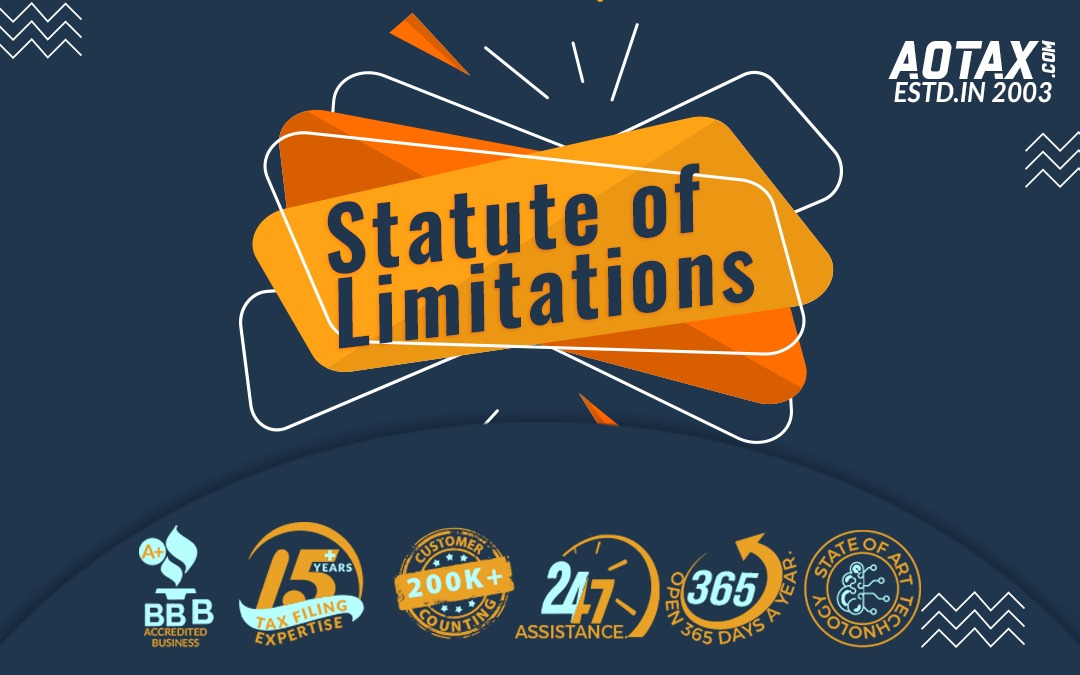
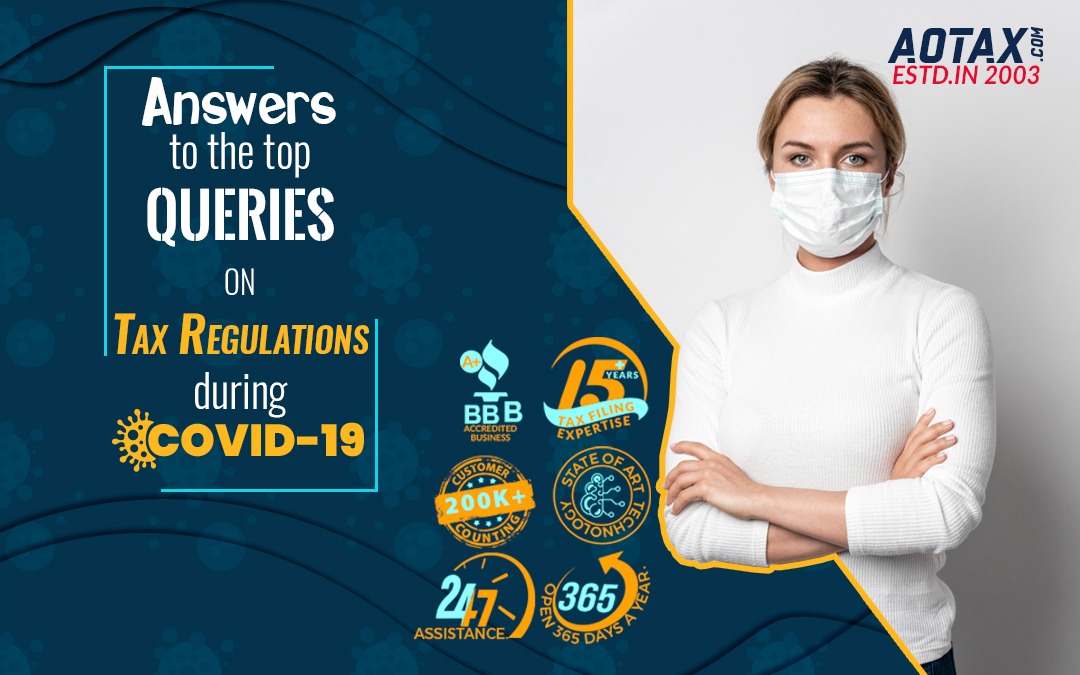


Recent Comments